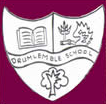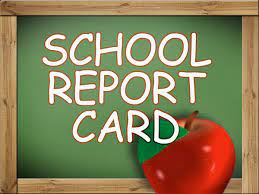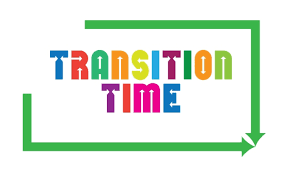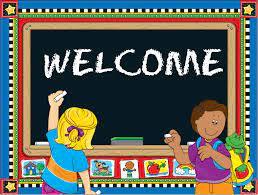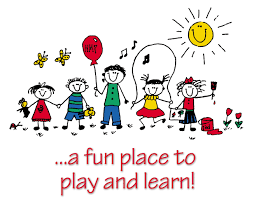
Our staff

Our Staff

Head Teacher, Shared Castlehill, Carradale, Drumlemble – Mr. Richard Long

The best part about being a Head Teacher is walking into the classroom and seeing the children all engaged in their learning. I am very fortunate to have a very dedicated and talented staff at Drumlemble Primary School, who ensure that learning is always fun for the children.
Depute Head Teacher, Shared Castlehill, Carradale, Drumlemble – Mrs. Lynn McMillan
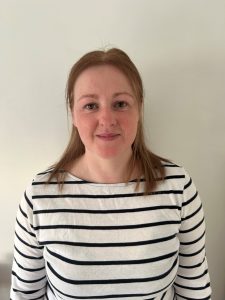
Principal Teacher (P5 – 7 Class Teacher) – Mrs Gillian McAllister
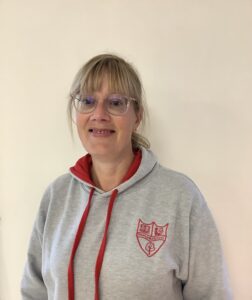
P1 -4 Class Teacher – Mrs Alix Gorman
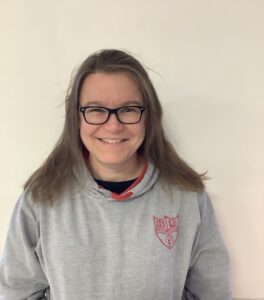
Literacy, Numeracy and McCrone cover – Mrs. Jo-Anne Martin
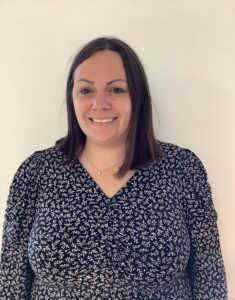
Primary Classroom Assistant – Andrew Black

ELC & Primary Classroom Assistant – Mrs. Emily Walker
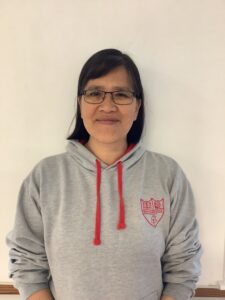
Childcare and Education Worker – Mrs Joanne Jarvie
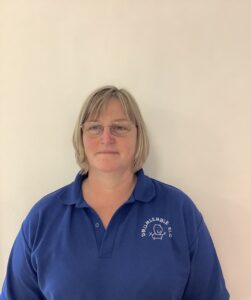
Childcare and Education Worker – Ms Natalie Smith
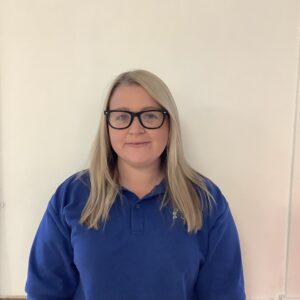
Modern Apprentice – Racheal McCallum
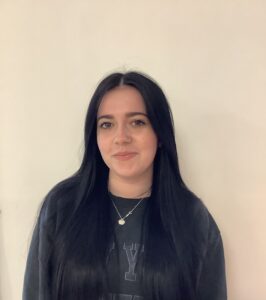
Clerical Assistant / Classroom Assistant / SNA– Mrs Tracy McArthur
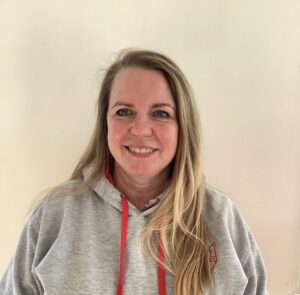
Catering Manager – Kerry Hopes
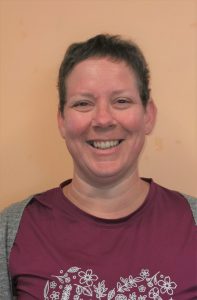
Janitor/Cleaner – Andrew Black

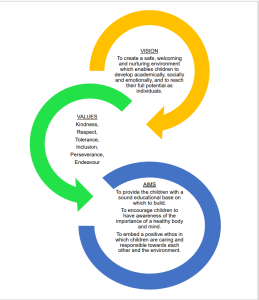
Drumlemble Primary School and ELC
Vision, Values and Aims
June 2022
VISION
To create a safe, welcoming and nurturing environment which enables children to develop academically, socially and emotionally, and to reach their full potential as individuals.
VALUES
• Kindness
• Respect
• Tolerance
• Inclusion
• Perseverance
• Endeavour
AIMS
· To provide the children with a sound educational base on which to build.
· To encourage children to have awareness of the importance of a healthy body and mind.
· To embed a positive ethos in which children are caring and responsible towards each other and the environment.

A complaint is ‘an expression of dissatisfaction about the Council’s action or lack of action, or about the standard of service provided by or on behalf of the Council’.
Complaints can be notified in person, by phone, by email or in writing to the Head Teacher. If parents/carers have cause for complaint they should contact the school in the first instance to make an appointment to meet with the Head Teacher or member of the management team.

Reporting informs parents/carers of progress. Through a range of approaches, including a written Pupil Progress Reports and verbal reports to parents at Parent/Carer ‘Open’ and ‘Appointment’ afternoons/evenings held during the school year. Parents/carers will get regular information about their children’s strengths, progress and achievements.
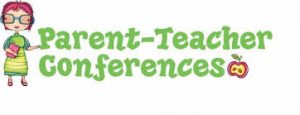
This will take account of their achievements in key areas of learning such as literacy, numeracy and health and wellbeing and in different contexts and settings including across curriculum areas, the life and ethos of the school and learning outwith the school, including the wider community.
At key points this will include information on the curriculum level children are working within and progress towards qualifications in the senior phase.
Parents/carers will be informed of what their children need to do to continue making progress and ways that they can help.
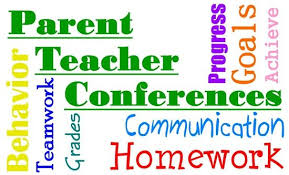
 Assessment is crucial to tracking progress, planning next steps, reporting, and involving parents/carers and learners in learning. Evidence of progress can be gathered by learners themselves and by fellow pupils (peers), parents/carers, teachers and other professionals.
Assessment is crucial to tracking progress, planning next steps, reporting, and involving parents/carers and learners in learning. Evidence of progress can be gathered by learners themselves and by fellow pupils (peers), parents/carers, teachers and other professionals.
A number of approaches are employed including the following:
- Self-assessment – learners will be encouraged and supported to look at and revisit their own work to develop a better understanding of what they have learned and what they need to work on
- Peer assessment – learners will be encouraged and supported to work together to help others assess what is good about their work and what needs to be worked on
- Personal learning planning – children, teachers and parents/carers will work together to develop planning for next steps in learning
Your child’s progress is not only based on ‘tests’ but on the learning that takes place within the classroom and in different settings out with the classroom.
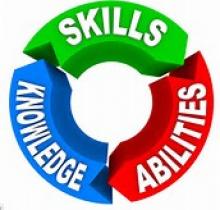
Transitions are the moves children and young people make from home to nursery, from nursery to primary, from primary to secondary, from secondary to further education and beyond.
Starting Primary One
Your child will be placed automatically into a school in August if his or her fifth birthday falls between 1 March of that year and the last day of February of the following year. You can, however, make a request for early entry to school for a child whose fifth birthday falls after the above period.
If your child is due to start primary school in the August, he or she should be registered in your local primary school before the end of January that year.
To help your child prepare for a good start you can:
- Listen and talk to your child about this change in their lives
- Involve your child in getting ready for school by helping choose the things they will need, e.g. their uniform, lunchbox, school bag
- Keep in touch with the school about anything which may affect your child’s learning
- Attend induction events or introductory sessions
Transfer to Secondary School
Primary school pupils normally transfer to their catchment area secondary school in August following completion of their P7 year. Secondary staff visit P7 pupils to discuss aspects of their transfer with them and in June the pupils will spend an agreed length of time at their prospective secondary school.
The catchment area secondary school for Drumlemble Primary School is:
Campbeltown Grammar
Hutcheon Road
Campbeltown

Argyll
PA28 6JS
Telephone:01586 553773
Website: Campbeltown Grammar School
You will be contacted by letter and offered a place for your child at Campbeltown Grammar School, which you may either accept or decline. Secondary schools have their own arrangements for meetings with prospective parents/carers, and you will be given details of these meetings.
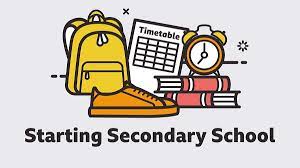
Should you prefer your child to attend a school other than the designated catchment area school then a Placing Request must be made. Forms are available from the Head Teacher or School Support, Argyll & Bute Council, Argyll House, Alexandra Parade, Dunoon, PA23 8AJ – Tel: 01369 704000.
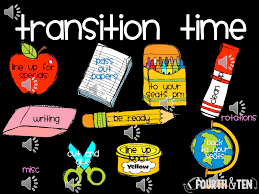
Moving from Stage to Stage
Your child will be involved in an induction programme every year in school. Prior to the summer holiday your child will meet their teacher/s for the following session and visit their new classroom/s. Teachers work closely and share information about your child’s learning and achievements. Staff will also share other information which will help the teacher support your child’s learning, e.g. friendship groups, preferred ways of working, etc.
Moving Between Schools
When a child moves to a new school their class teacher will normally telephone the new school to share information on academic achievement and personal likes/dislikes with their new teacher. Parents/carers are encouraged to organise a visit to the new school (if possible) in advance to support the child feel secure in the move.
It should be noted that opportunities for enhanced transitions are available for children as required.
Liaison with Local Schools
Our school maintains close links with Campbeltown Grammar School and other primary schools within the local area. Our teachers, and in some cases our pupils, visit other schools and establishments and other teachers and pupils visit us. This process is important for the professional development of staff, reciprocal understanding and the establishment of curricular consistency.
Useful Links
Career Information, Advice and Guidance in Scotland – A Framework for Service Redesign and Improvement provides guidance on career information, advice and guidance strategy.
The Additional support for learning page provides links to relevant legislation and guidance, including the arrangements that should be in place to support pupils with additional support needs.
Supporting Children’s Learning Code of Practice includes specific requirements on education authorities and others under the new legislation in relation to transition.
Enquire is the Scottish advice service for additional support for learning.
Parenting Across Scotland offers support to children and families in Scotland.
Parents who are seeking a place for their child are very welcome to contact the school to arrange a visit.
Once your child has been allocated a place you will be invited along to meet the staff, to find out more about the curriculum and to share information prior to your child starting school in order to make the transition from home to school as smooth as possible. A number of visits to school for parts of mornings are also organised for children in their pre-school year.
Please visit the Argyll and Bute Council’s website for further information.
Curriculum for Excellence
Curriculum for Excellence
Curriculum for Excellence (CfE) is the Scottish National Curriculum which applies to all children and young people aged 3-18, wherever they are learning. It aims to raise achievement for all, enabling children and young people to develop the skills, knowledge and understanding they need to succeed in learning, life and work.
The Four Capacities – the curriculum aims for all children to become:
- Successful Learners
- Confident Individuals
- Responsible Citizens
- Effective Contributors
The Eight Curriculum areas are:
- Expressive Arts – including art and design, dance, drama and music
- Health and Wellbeing – mental, emotional, social and physical wellbeing; PE; food and health; substance misuse; and relationships, sexual health and parenthood
- Languages – listening and talking, reading and writing in English and modern languages, plus classical languages and literacy, and Gaidhlig/Gaelic learners (where available)
- Mathematics – including analysing information, solving problems and assessing risk
- Religious and Moral Education (denominational and non-denominational) – learning about Christianity, other world religions, and developing values and beliefs
- Sciences – understanding important scientific concepts across planet Earth, forces, electricity and waves, biological systems, materials and topical science
- Social Studies – understanding people, place and society in the past and present including history, geography, modern studies and business education
- Technologies – including computing science, food, textiles, craft, design, engineering, graphics and applied technologies

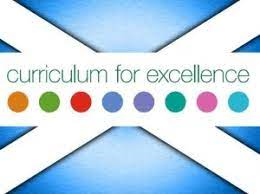
Additional important themes across the curriculum are creativity, enterprise and global citizenship, which include sustainable development, international education and citizenship.
 Copyright Drumlemble School
Copyright Drumlemble School
The Education Committee recommended at its meeting of 21 August 1997 that – ‘the adoption of a distinctive dress code chosen to enhance the ethos of the school should be encouraged in all schools’. Given that there is substantial parental and public approval of uniform, schools in Argyll and Bute are free to encourage the wearing of school uniform.
In Drumlemble, the suggested uniform is as follows: a maroon school sweatshirt, a white polo shirt and plain dark trousers, joggers, skirt or pinafore dress.
Parents and carers are also asked to ensure that valuable items and unnecessarily expensive items of clothing are not brought to school.
For PE, it is desirable that PE shorts, t-shirt and trainers or gym shoes are worn. Items, such as jewellery, watches, belts with metal buckles etc., which may cause injury to the wearer or other children must be removed. Jewellery worn as a result of body piercing should be such that removal is possible and easily undertaken.
Please note that school uniform is not compulsory and it is not policy to insist on pupils wearing uniform or having specialist items of clothing in order to engage in all of the activities of the curriculum. As such, pupils will not be deprived of any educational benefit as a result of not wearing uniform.
However, there are forms of dress which are unacceptable in school, such as items of clothing which:
- potentially encourage faction (such as football colours);
- could cause offence (such as anti-religious symbolism or political slogans);
- could cause health and safety difficulties (such as loose fitting clothing, dangling earrings);
- are made from a flammable material, for example shell suits in practical classes;
- could cause damage to flooring;
- carry advertising, particularly for alcohol or tobacco; and
- could be used to inflict damage on other pupils or be used by others to do so.
All clothing brought to school should be labelled or marked in some way, as it is difficult for children to distinguish their own clothing from others.
School Clothing Grants
For information about School Clothing Grants, including the eligibility criteria, and to complete an online application form please visit https://www.argyll-bute.gov.uk/education-and-learning/childcare-school-and-education-grants-0. Alternatively, please contact Customer Services: Education on 01369 708548 or your local benefit enquiry office.
Children
We currently have 5 pupils within our Early Learning unit.
|
N4 |
N5 |
ELC Total |
|||||
|
Boys |
2 |
Boys |
2 |
Boys |
4 |
||
|
Girls |
5 |
Girls |
0 |
Girls |
5 |
||
|
Total |
7 |
Total |
2 |
Total |
9 | ||
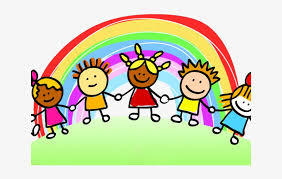
School Roll for P1 – 4 Pupils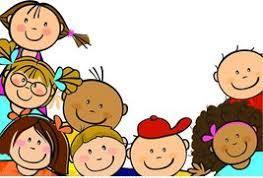
Total Pupils 11
P1 – 3 Pupils
P2 – 3 Pupils
P3 – 3 Pupils
P4 – 2 Pupils
School Roll for P5 – 7
Total Pupils 16
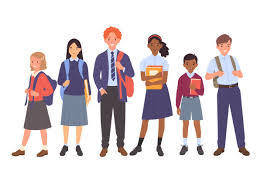 P5 – 5 Pupils
P5 – 5 Pupils
P6 – 5 Pupil
P7 – 6 Pupils
We currently have 27 children in P1 -7.
Primary School
| P1 | P2 | P3 | P4 | P5 | P6 | P7 | Primary School Total | ||||||||
| Boys | 2 | Boys | 1 | Boys | 2 | Boys | 1 | Boys | 3 | Boys | 4 | Boys | 5 | Boys | 18 |
| Girls | 1 | Girls | 2 | Girls | 1 | Girls | 1 | Girls | 2 | Girls | 1 | Girls | 1 | Girls | 9 |
| Total | 3 | Total | 3 | Total | 3 | Total | 2 | Total | 5 | Total | 5 | Total | 6 | Total | 27 |
